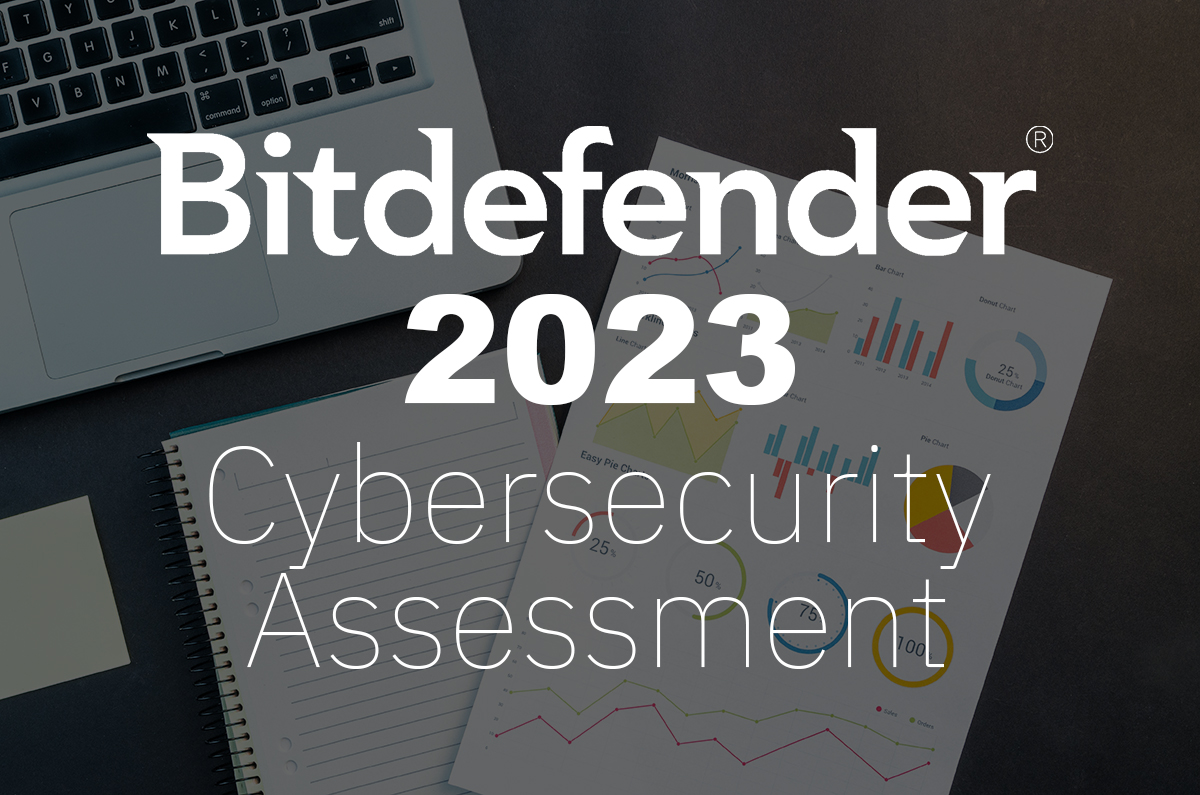Going on the Offense: A Primer on an Offensive Security Strategy

The best defense is offense. We’ve heard it before, so much in fact, that it’s become a cliché. But there’s truth to the saying — especially in the cybersecurity arena.
In today’s cybersecurity landscape, threat actors and security teams are constantly in a cycle of action and reaction. When a hacker discovers a new security flaw, the security team rushes to release a fix. Each new exploited vulnerability is met with another corrective update. This ongoing cycle of vulnerabilities and patches persists, requiring vigilance from security professionals.
Offensive cybersecurity tactics such as penetration testing, red teaming, threat hunting, and proactive threat intelligence augment a defensive strategy, using proactive and aggressive actions that identify, deter and disrupt threats. Both offense and defense have their place in a comprehensive cybersecurity approach, and organizations should use both to ensure they are cyber resilient.
It's crucial to further explore why an offensive approach is essential for a robust defense. This article answers the pressing questions about the critical role that offensive tactics play in navigating today's intricate threat environment. Read on to learn how to effectively integrate offensive measures into your overarching cybersecurity strategy for enhanced resilience.
Why is defense in cybersecurity not enough?
Attacks are more sophisticated than ever, making it necessary for organizations to go beyond a purely defensive cybersecurity posture. Specifically, threat actors are increasingly using evasive and adaptive techniques to get around traditional defensive measures and disguising their activity as legitimate traffic or behavior.
What tactics are involved in an offensive strategy?
An offensive cybersecurity strategy involves various tactics to identify and counter cyber threats. Some of these key tactics include:
- Penetration Testing: Controlled cyber testing to find vulnerabilities with a defined goal.
- Red Teaming: Comprehensive attack simulations assessing overall security.
- Threat Hunting: Actively seeking signs of malicious activity.
- Active Defense: Proactive measures to disrupt attackers (e.g. Honeypots).
- Cyber Deception: Create false information to mislead attackers.
- Proactive Threat Intelligence: Gather data on emerging threats.
- Offensive Countermeasures: Actions to counteract attackers.
- Vulnerability Research: Discover unknown security flaws.
- Digital Forensics: Collect evidence related to cyber incidents.
- Cyber Deterrence: Deter attackers by demonstrating the ability to respond forcefully.
What are the benefits of an offensive cybersecurity strategy?
An offensive cybersecurity strategy helps organizations reduce their attack surface and improve early threat detection. Penetration testing and red teaming will help identify weaknesses and vulnerabilities that attackers could exploit. They also provide insights to strengthen defenses against sophisticated and evolving threats.
Ultimately, an offensive cybersecurity strategy provides a more thorough and effective, well-rounded approach for managing cybersecurity risk.
Beyond tactics, is there a psychological advantage to knowing an attacker’s line of thinking?
Understanding an attacker's mindset helps cybersecurity teams anticipate attack techniques and tactics, deploy effective deception tactics and targeted countermeasures. This knowledge strengthens an organization's overall cybersecurity posture and resilience against evolving threats.
Are there any ethical considerations to an offensive cybersecurity strategy that organizations should think about?
Ethics considerations should guide any red team or penetration testing services. You should select reputable, ethical providers and obtain explicit consent for the scope of testing that considers data privacy laws and minimizes disruptions. Transparency and clear reporting are essential, as is verifying legal compliance and ensuring that no criminal activities are involved. Educating staff and collaborating post-testing to address vulnerabilities are key. Accountability and open communication with stakeholders round out the ethical framework to ensure that the testing is conducted with integrity, responsibility, and adherence to legal boundaries.
How does an offensive cybersecurity strategy impact regulatory frameworks and compliance?
Penetration testing and red teaming impact regulatory compliance by identifying security gaps, assessing risks, and improving incident response. This helps align an offensive cybersecurity strategy with data protection, risk management and continuous monitoring requirements. An offensive cybersecurity strategy supports compliance by demonstrating proactive security measures, data security and due diligence—reinforcing the organization's commitment to regulatory goals. The output of these offensive security assessments is the evidence required by auditors to earn/maintain certifications for compliance with standards such as ISO 27001, SOC 2 Type 2, GDPR, PCI-DSS, HIPAA, etc.
Conclusion
Given today’s quickly evolving threat landscape, merely adopting a defensive stance is insufficient. As this article has highlighted, going on the offense with tactics like penetration testing, red teaming, and proactive threat intelligence not only enhances an organization's cybersecurity posture but also adds an extra layer of resilience. This proactive approach breaks the monotonous cycle of vulnerability discovery and patching, allowing organizations to seize the initiative and take control of their cyber destiny. Embracing an offensive cybersecurity strategy is not just an option but a necessity for businesses and IT leaders who aim to stay one step ahead of sophisticated adversaries. Thus, integrating offensive measures is crucial for building a robust, dynamic security posture capable of thwarting even the most advanced cyber threats.
tags
Author

Nicholas is an accomplished professional, currently serving as the Director of Cyber Operations at Bitdefender. In his current capacity, Nicholas is responsible for 3 services; Offensive Security, Security Advisory, and Delivery Management. With an extensive cybersecurity background gained across various globally recognized organizations, he offers a wealth of cyber security experience. His journey through diverse cybersecurity landscapes has equipped him with a nuanced understanding of the field, making him a trusted leader in shaping robust and effective cybersecurity strategies.
View all postsRight now Top posts
FOLLOW US ON SOCIAL MEDIA
SUBSCRIBE TO OUR NEWSLETTER
Don’t miss out on exclusive content and exciting announcements!
You might also like
Bookmarks











